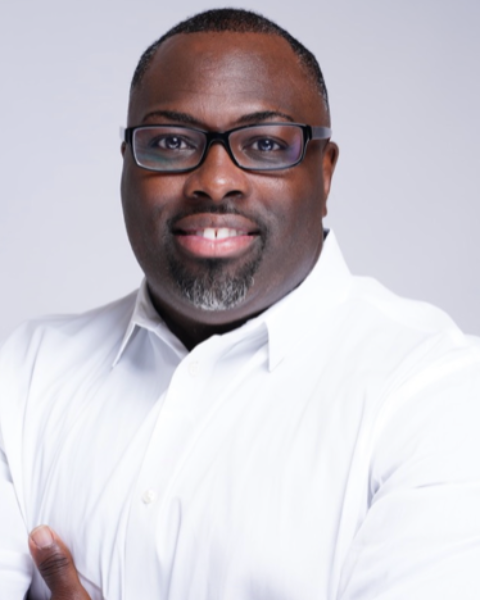Poster Presentation
Social Justice and Health Equity
Thursday Evening Poster Reception
THURS-071 - The Church: how Can Faith-based Organizations Impact Prevention and Substance Use Recovery?
Thursday, April 17, 2025
5:30 PM - 6:30 PM PST
Location: Pacific I/II, 2nd Floor
Area of Responsibility: Area III: Implementation
Subcompetencies: 4.4.5 Identify implications for practice., 4.4.4 Draw conclusions based on findings.
Subcompetencies: 4.4.5 Identify implications for practice., 4.4.4 Draw conclusions based on findings.

Willie Thompson, PhD
Academic Chair for BEST Lives Center
Benedict College
Columbia, South Carolina, United States
Poster Presenter(s)
Learning Objectives:
At the end of this session, participants will be able to:
- Articulate faith-based organizations' role in reducing the stigma associated with addiction by promoting understanding and compassion.
- Leverage strategies that faith-based groups can use to provide practical support.
- Develop strategies for fostering partnerhips and leveraging resources to support FBO's mission.
Detailed abstract description: For many individuals struggling with addiction, faith acts as a powerful anchor, instilling a sense of purpose and meaning in their lives. Currently, around 20 million Americans are living with a substance use disorder (SUD), and tragically, approximately 158,000 lose their lives annually due to alcohol or drug-related issues [1]. Research suggests that those who weave faith into their recovery process often demonstrate heightened resilience, as faith can offer hope, comfort, and spiritual stability. By embracing faith-based practices, individuals can navigate the challenging journey of addiction recovery with renewed determination and a clear sense of purpose. Congregations supporting recovery programs contribute $316 billion in savings annually to the U.S. economy [1]. Recover All SC (RASC) is a faith-based program that aims to help individuals who have been affected by trauma, alcohol, and substance abuse, with a mission to address substance use disorders in a culturally humble manner and to bridge the gap between faith-based and supportive recovery communities. RASC partnered with local churches to offer training, wellness sessions, and educational classes to address mental health and substance abuse within the faith-based community. Ninety-six percent of the individual partners (n=30) were Black, with 93.3% identifying their religious affiliation as Christian. Limited funding (53.3%) and lack of education (46.7%) hinder their faith community from housing a consistent recovery program. Additionally, 90% of the community partners believed that recovery from alcohol and substance use addiction was a part of God’s ministry plan for their faith community. We must accord dignity to people with addiction and recognize that there is no one path to recovery. Recovery from addiction to alcohol and other drugs benefits everyone – families, friends, neighbors, and the person who gets into recovery.
